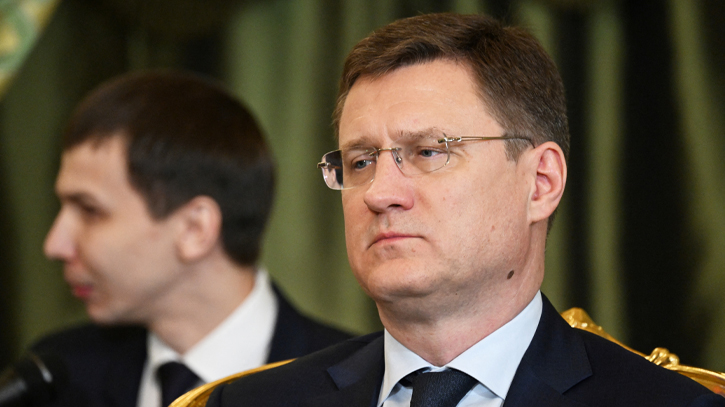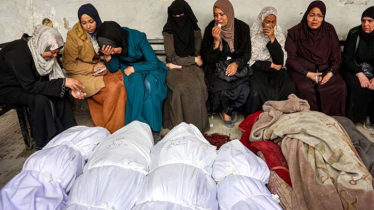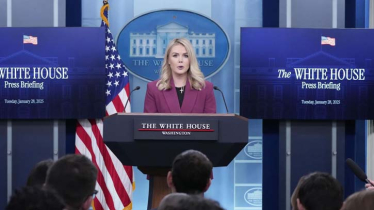
Photo: Collected
Recovery of gas demand in Europe and rise of the growing competition for it in the Asian market may cause a new round of increases in European energy prices, Russian Deputy Prime Minister Alexander Novak said on Monday (11 March).
"The EU countries are currently facing the situation when the recovery of gas demand amid relatively low prices may lead to a new increase in energy prices. Therefore, it is wrong to say that Europe has effectively replaced [gas] supplies from Russia," said Novak.
Prices, including those for gas, remain extremely sensitive to external factors, such as competition for energy resources among the rapidly developing Asian economies, the Russian deputy prime minister said, restating that such risks could result in a new increase in energy prices in Europe.
The European Union has been gradually reducing its energy imports from Russia. In 2023, Russia accounted for 15% of EU gas imports versus 45% in 2021, for 4% of oil imports versus 27% in 2021, and for 9% of oil products compared with 50% in 2021, Novak said.
The decrease has been partially driven by falling consumption and the bloc's deindustrialization policy, the Russian official explained, adding that in 2023, gas consumption in the EU fell by 7% year-on-year and by approximately 20% compared with 2021, to 330 billion cubic meters.
At the same time, the bloc's imports of Russian liquefied natural gas (LNG) amid the sharp reduction in pipeline gas supplies amounted to over 15 million tonnes in 2023, which is 38% more than in 2021, the Russian deputy prime minister added.
Reducing energy dependence on Russia became one of the EU's top priorities after the start of the former's special military operation in Ukraine in February 2022. The bloc has since announced plans to phase out imports of Russian fuel as part of the sanctions pressure on Moscow. The decision has led to a sharp rise in gas prices across the EU. To curb the price hike, the European Commission presented several measures, including joint purchasing, price caps and increased energy conservation efforts.
Additionally, as part of those efforts, the bloc has boosted energy cooperation with a number of countries, including the United States, Algeria and Nigeria, with a particular focus on LNG imports.
Messenger/Mumu








